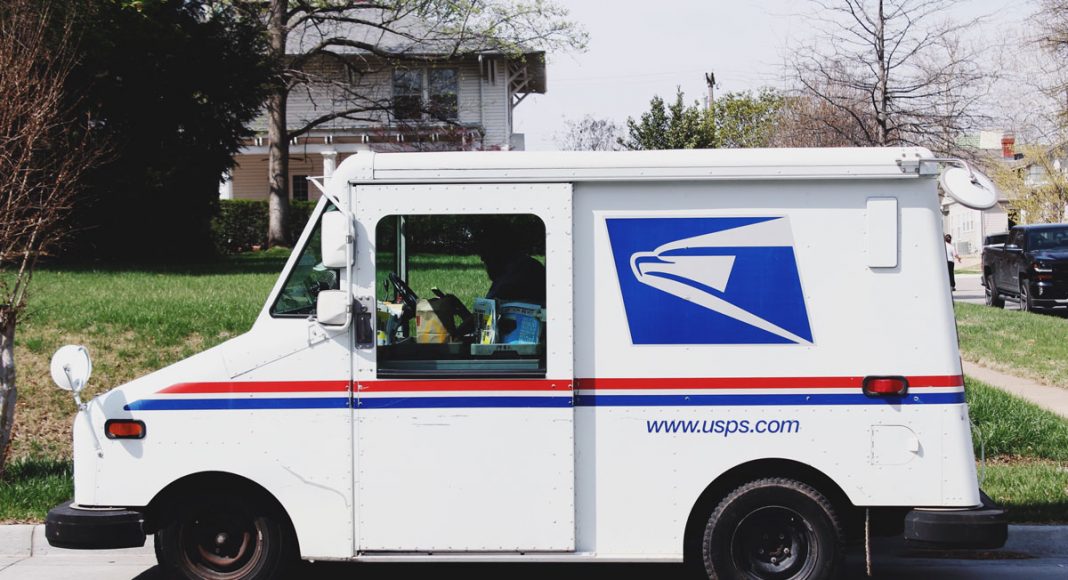Becoming increasing popular and being sold by mainstream retailers, the USPS provided guidance on mailing hemp and CBD products.
Recently the United States Post Office (“USPS”) issued an advisory on “Acceptance Criteria for Cannabidiol (CBD) Oil and Products Containing CBD.” Those criteria are as follows:
1. A signed self certification statement, subject to the False Statements Act (18 U.S.C. § 1001). Statements must be printed on the mailer’s own letterhead, must be signed by the mailer, and must include the text “I certify that all information furnished in this letter and supporting documents are accurate, truthful, and complete. I understand that anyone who furnishes false or misleading information or omits information relating to this certification may be subject to criminal and/or civil penalties, including fines and imprisonment.”
This first prong is straight forward. The mailer must include a sworn statement that all the related documents are accurate and truthful and include the above quote indicating an understanding of the penalties that come along with lying to a federal agency.
2. The industrial hemp producer possesses a license issued by the Department of Agriculture, for the state where the Post Office/acceptance unit is located, which includes documentation identifying the producer by name and showing the mailer is authorized by the registered producer to market products manufactured by that producer.
The second prong is a little more complicated. It requires that the hemp producer hold a license from the state Department of Agriculture where the Post Office or acceptance unit is located. This statement fails to consider cases where hemp or hemp products are shipped from a state that is different than the state of cultivation. Consider an online hemp retailer operating out of New York. New York has an industrial hemp program but is not a major hemp growing state so our retailer sources products that were produced and processed in Colorado. The retailer has done her due diligence and has copies of each farmer’s license to cultivate hemp. However, based on the fact that she uses hemp cultivated in another state, it does not appear that she could comply with this prong. Her best option is likely to include copies of the Colorado licenses with her shipments.
RELATED: Marijuana And The High Seas: Can You Cruise With Weed?
The second prong also requires documentation showing that the mailer is authorized by the register producer to “market products.” A letter from the producer could likely satisfy this requirement but it may also prove challenging for retailers who may not have a direct relationship with the producers who are growing hemp that is used in Hemp-CBD products.
3. The industrial hemp, or products produced from industrial hemp, contains a delta-9 THC concentration of not more than 0.3% on a dry weight basis.
The third prong requires that the hemp or hemp product has less than 0.3% THC concentration. This means that both raw hemp and products derived from hemp must have a THC concentration of less than 0.3%. Usually, these test results are contained in a Certificate of Analysis (“COA”). That means that each shipment of hemp or hemp products should have the corresponding test results for that lot or batch.
Marijuana Moment first reported on the new guidance from USPS. We’ve written about how USPS lost an administrative appeal over the mailability of shipping Hemp-CBD before so it’s not as if this new guidance means that the USPS will now allow CBD to be mailed. I read the guidance to provide insight as to what the USPS is looking for when it finds a shipment of hemp or Hemp-CBD. This guidance is also only temporary and specifically states that it may be altered or rescinded as other federal agencies figure out exactly how to regulate hemp. What this letter does not do is prevent state-level law enforcement from seizing hemp shipments, as was recently the case in Idaho. State agencies are not bound by USPS memos.
For now, it’s best for industry stakeholders to try their best to comply with this guidance by providing the sworn statement, a copy of any licenses associated with hemp being mailed, and a copy of any COAs associated with the hemp or hemp products.
Daniel Shortt is an attorney at Harris Bricken and this article was originally published on the Canna Law Blog.


